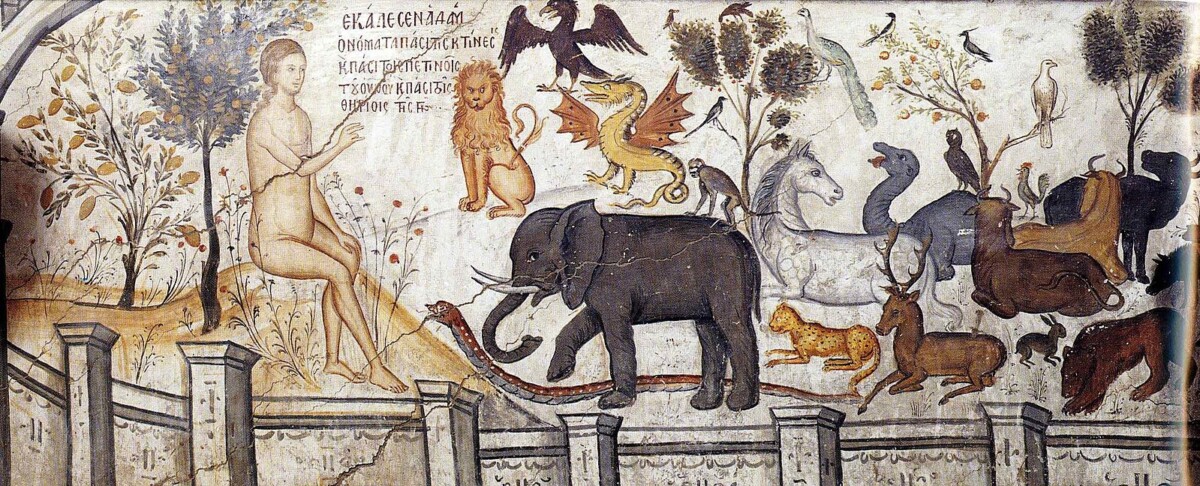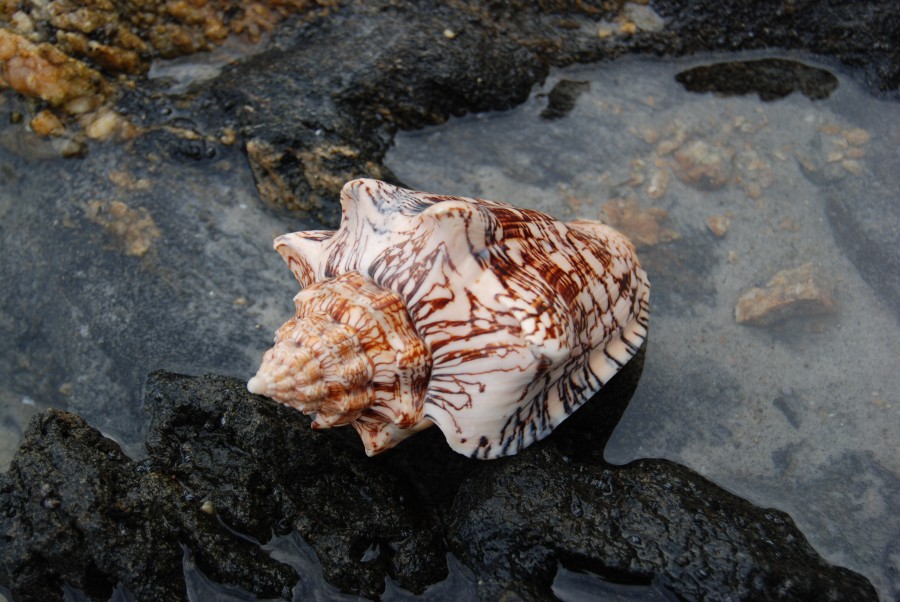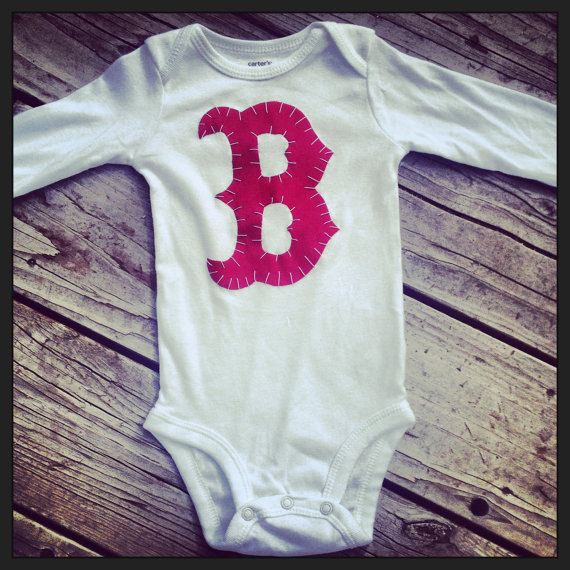Naming the Animals
Brigid Andrews writes about the trauma of birthing and postpartum depression.

Brigid Andrews writes about the trauma of birthing and postpartum depression.

The poet Libby Swope Wiersema writes on grief and healing.

Amelia is having a nightmare, and first time director Jennifer Kent begins her psychological horror film, The Babadook, by placing the viewer in the middle of it. The film’s first shot is a close-up of Amelia breathing in a distressed rhythm, as if in labor. A few seconds later, a shrill scream accompanies breaking glass […]
In death, we enter into the tomb on Friday with Jesus, and like the disciples on Saturday, all we can do is to wait in the darkness, hoping for the miracle we were promised on Sunday.

Each spring a kind of anxious waiting sets in. I never catch it in the approach, but only after it has congealed into a distinct and concrete mood. Over the last several years, my family has suffered trauma in spring as regular as the change of the season: a life-threatening accident, a divorce, my father’s […]
Tyler McCabe grieves the death of his cousin and considers how the body conducts pain.

Nicole Johnson offers some theological reflections from women who have experienced the trauma of miscarriage.

In “The Catch,” Long offers the image of a fisherwoman, carrying the “stunned pewter” of her catch, to market. In “Esau’s Portion,” we are brought to the hospital cafeteria and the funeral potluck, where Long hungers for the memory of one lost: “what I lack is the thanks you made me take in, bowed down, at the end of any given day.”

In this essay, Kelly Johnson explores the categories of comedy and tragedy as she considers how we might stay informed about social injustices, suffering, and human rights violations and yet maintain and nurture Christian joy.